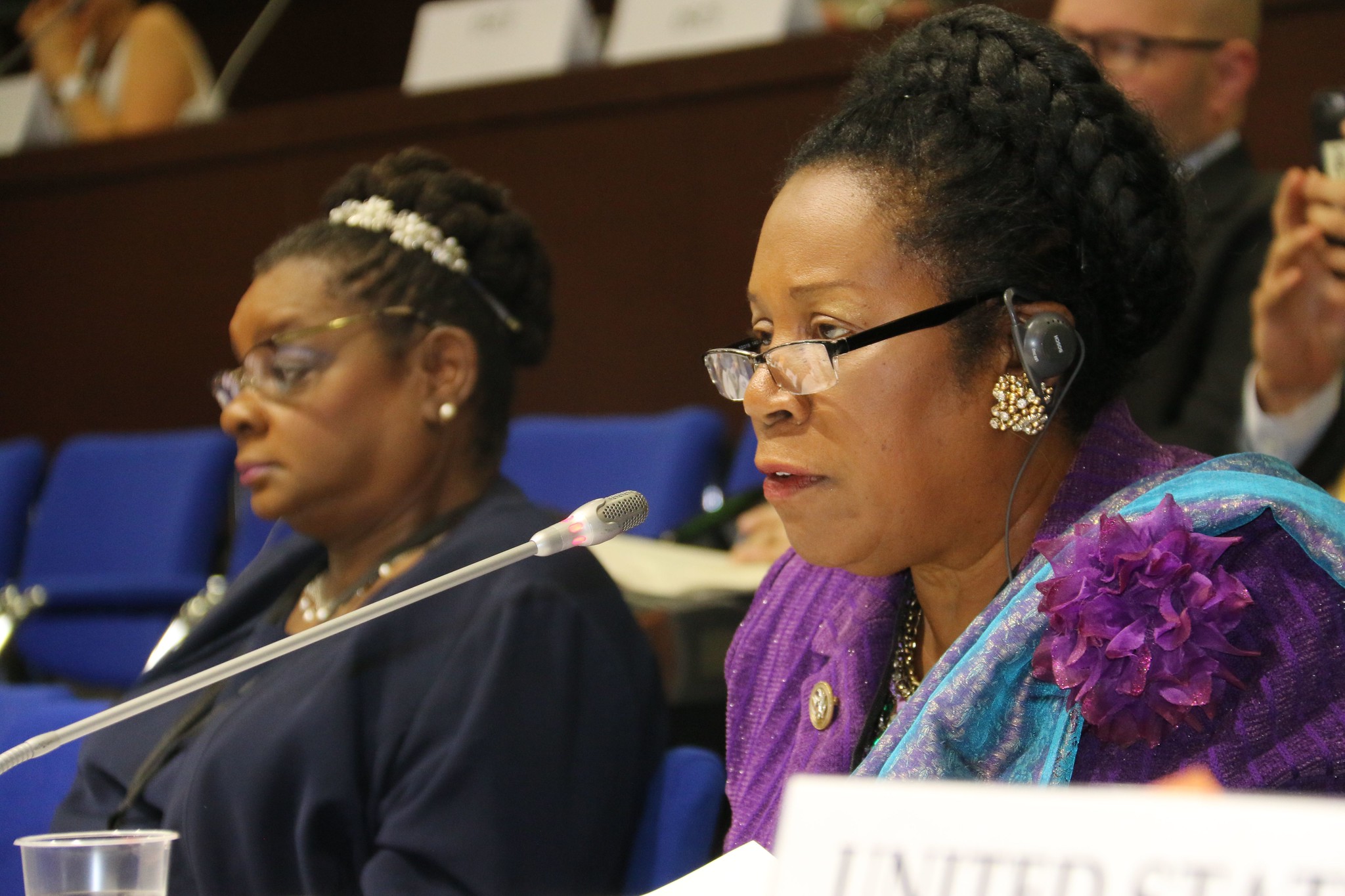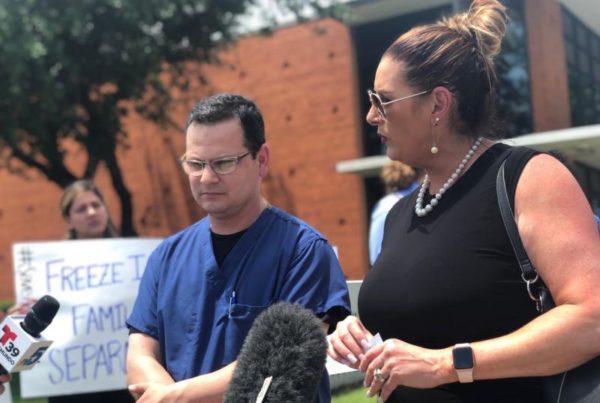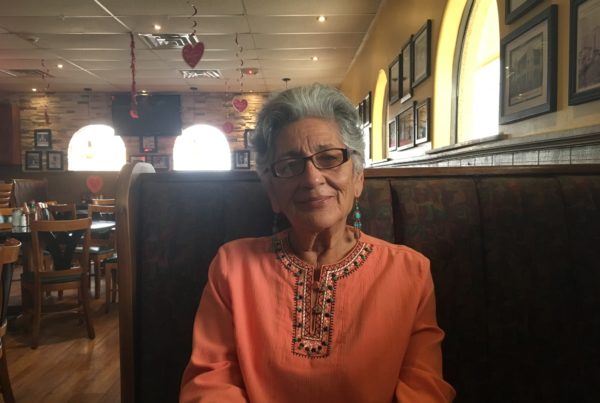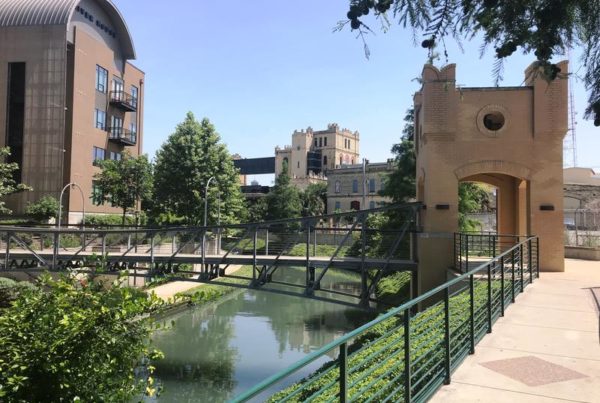The Standard’s news roundup gives you a quick hit of interesting, sometimes irreverent, and breaking news stories from all over the state.
A Congressional hearing on reparations for the descendants of slaves in the United States began Wednesday morning.
You can watch the hearing here:
Democratic U.S. Rep. Sheila Jackson Lee of Houston is the sponsor of a measure that would create a commission to study and develop reparations proposals for African Americans. She’s a member of the House Subcommittee on the Constitution, Civil Rights, and Civil Liberties, which is hearing testimony on her legislation: HR 40.
“HR 40 is, in fact, the response of the United States of America long overdue. Slavery is the original sin. Slavery has never received an apology,” Jackson Lee said during the hearing.
I am in @HouseJudiciary for a historic hearing on #HR40 – I encourage all to join us on @cspan for this historic hearing pic.twitter.com/O5Et722Lxv
— Sheila Jackson Lee (@JacksonLeeTX18) June 19, 2019
Today’s hearing coincides with Juneteenth, which marks the day in 1865 when news that slavery had ended reached Texas, more than two years after President Abraham Lincoln signed the Emancipation Proclamation.
A North Texas county will keep participating in a federal program that allows sheriff’s deputies to act as immigration agents in local jails.
KERA News reports that Tarrant County commissioners voted Tuesday to extend the contract in the 287(g) program for another year. Tarrant is one of 25 Texas counties with current agreements set to expire on June 30.
The contract renewal means sheriff’s deputies will continue to flag undocumented people in jail for deportation and hold them until federal immigration agents can take them into custody.
Tarrant County Sheriff Bill Waybourn told commissioners that the program improves public safety by helping deport criminals.
“We are not conducting any type of raids or targeting exercises, and we are absolutely not racial profiling. This is something that happens inside the brick and mortar of the jail with class B misdemeanors or above,” Waybourn said.
Opponents of the 287(g) program say that local agencies should not do the job of the federal government. One person who spoke out against the program was Mindia Whittier with the group United Fort Worth. She told commissioners there wasn’t good data to support the claim that the 287(g) program makes people safer.
“Have any of you checked with the police departments in Tarrant County to see if they are experiencing the same trend that has been seen across the country, which is a decrease in Latinos reporting crimes? Have you checked with local nonprofits that serve child victims of abuse and victims of domestic violence to see if there is a decline in Latinx individuals disclosing abuse?” Whittier said.
Earlier this month, the ACLU of Texas sent letters to all 25 counties asking them not to renew their 287(g) agreements.
Solar power continues to grow in Texas. KUT News reports new market research says the state is poised to produce the second-highest amount of solar energy in the country within the next couple of years. Sean Gallagher is with the Solar Energy Industries Association. He says despite the tariffs on Chinese solar panels imposed by the Trump administration, the price of solar power continues to drop.
“Not only is it now just as cost-effective to build a new solar plant as it is to build a new gas plant, but it’s often more cost-effective to build a new solar plant than it is to keep running an existing coal power plant or gas plant,” Gallagher says.
Despite the growth of solar farms in the state, solar energy still only accounts for less than 1% of electricity consumed in Texas.














